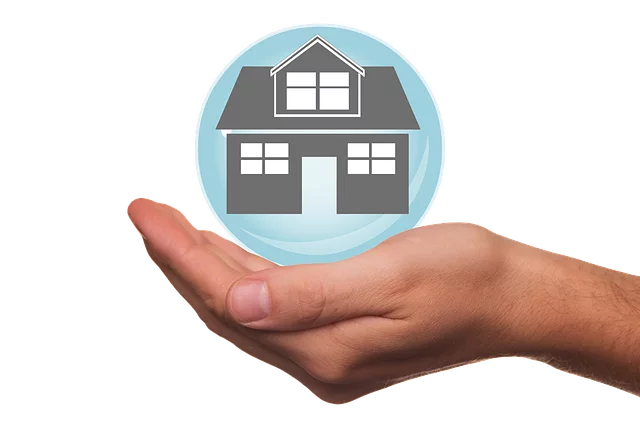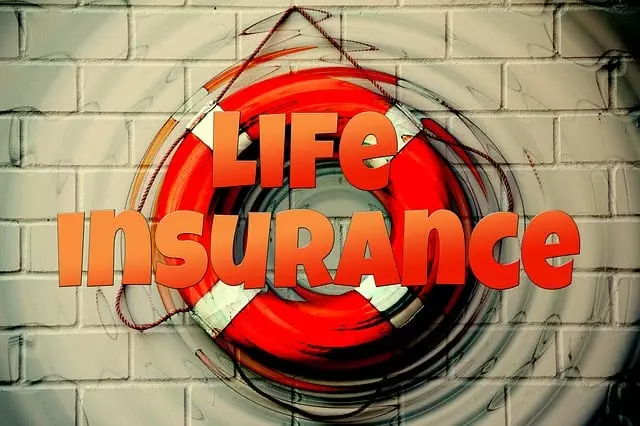Running a home-based business requires specific Insurance Policies to mitigate risks like inadequate security, blended personal-work spaces, and potential liabilities. These policies protect against property damage, personal injury, professional negligence, and revenue loss during interruptions. Key coverage areas include general liability, professional liability (errors & omissions), business income interruption, and personal/advertising injury liability. Home-based business owners should understand policy exclusions and limitations, industry-specific risks, and implement risk mitigation strategies for proactive claims management. Prioritizing tailored insurance ensures business sustainability, peace of mind, and client satisfaction.
In today’s digital era, home-based businesses are thriving, but success comes with risks. Understanding these risks is crucial for effective risk mitigation. This article guides you through essential aspects of professional liability for home-based businesses, including types of insurance policies, key coverage elements, choosing the right policy, common exclusions, claims management, and building a comprehensive risk plan. By delving into these topics, you’ll gain insights to protect your home business from unexpected liabilities.
Understanding Home-Based Business Risks

Running a home-based business presents unique risks that many entrepreneurs often overlook. Unlike traditional offices, your home workspace may lack proper security measures and emergency exits, increasing potential hazards for both you and any employees or clients visiting your premises. Additionally, as business activities blend with personal life, there’s a higher chance of accidents or incidents related to work occurring in areas typically reserved for domestic activities, such as the kitchen or bathroom.
These risks underscore the importance of tailored insurance policies for home-based businesses. Insurance plays a crucial role in mitigating financial losses and legal liabilities that could arise from these unforeseen circumstances. The right coverage can protect you from claims of property damage, personal injury, or professional negligence, ensuring your business’s sustainability and your peace of mind.
Types of Professional Liability Insurance

Many home-based businesses operate without considering professional liability insurance, an oversight that can prove costly. This type of insurance is designed to protect business owners from claims arising from their professional services. It covers a wide range of potential risks and damages, including personal injury, property damage, and financial losses caused by professional negligence. For instance, if a client slips and falls on your business premises or sues over advice you provided, professional liability insurance can cover legal fees and any damages awarded.
There are several types of insurance policies tailored for home-based businesses. General liability insurance is a broad coverage that protects against common risks like property damage and bodily injury claims. Professional services-specific policies, on the other hand, cater to industries with unique exposure, such as consulting or design work. These policies ensure that business owners are shielded from claims related to their expertise and advice.
Key Coverage Elements for Home Businesses

When considering insurance policies for home-based businesses, understanding key coverage elements is essential. These typically include general liability protection, which helps cover expenses related to injuries or property damage caused to customers or clients on your premises. Additionally, professional liability insurance, often called errors and omissions (E&O) coverage, protects against claims of negligence arising from the services provided by the business.
Other crucial elements may include business income interruption coverage, which can help replace lost revenue during periods when your home-based business must close due to a covered event like a fire or storm. Lastly, personal and advertising injury liability covers damages caused by marketing activities and can protect against claims of product liability, false advertising, or other related issues.
How to Choose the Right Insurance Policy

When selecting an insurance policy, home-based business owners should consider their specific needs and risks. Unlike traditional businesses, home-based operations often involve unique challenges, such as customer visits to your residence or remote work arrangements. Therefore, a comprehensive policy tailored for these scenarios is essential. Look for coverage that includes professional liability, general liability, and property damage protection, among others.
Professional liability insurance is crucial to shield against claims related to negligence or errors in service. This is particularly important when interacting with clients at your home or providing services remotely. Ensure the policy covers medical expenses, legal fees, and any potential damages awarded in such cases. Additionally, consider add-ons or endorsements to address specific risks, like data breaches or cyber liability, which are prevalent in digital-based home businesses.
Common Exclusions and Limitations

Many insurance policies for home-based businesses come with specific exclusions and limitations that business owners should be aware of. These can vary greatly between different providers, but some common exclusions include liability for product defects, ongoing issues related to a business’s operations, or damages caused by certain types of risks like floods or earthquakes (which are often not covered in standard home insurance policies). Understanding these exclusions is crucial as they determine what level of protection your business truly has.
For instance, if you’re selling handmade crafts online, your policy might exclude liability for any injuries caused by a customer’s allergic reaction to the materials used in your products. Similarly, if your home-based business involves catering, there may be limitations on coverage for food poisoning incidents. Knowing these potential gaps in coverage can help guide your decision when choosing an insurance policy that best fits your specific home-based business needs.
Claims Management and Resolution

When it comes to managing and resolving claims, home-based business owners must be proactive in protecting themselves against potential liabilities. Insurance policies for home-based businesses play a crucial role in this process. These policies are designed to cover various risks that may arise from running a business out of your residence, including personal and advertising injury, professional services liability, and general liability.
Effective claims management involves staying informed about policy coverage, understanding the claim filing process, and maintaining thorough records. Business owners should promptly address any concerns or issues raised by clients or customers to prevent escalation. Efficient resolution of claims not only protects the business’s financial health but also maintains client relationships and preserves the reputation of the home-based enterprise.
Building a Comprehensive Risk Mitigation Plan

Creating a robust risk mitigation plan is an indispensable step for any home-based business owner looking to protect their professional liability. This involves identifying potential risks specific to your industry and business operations, and implementing strategies to minimise their impact. A comprehensive plan should include procedures for handling customer complaints, ensuring data security, maintaining a safe working environment, and possessing adequate insurance policies for home-based businesses, such as general liability coverage to protect against claims of bodily injury or property damage.
Regularly reviewing and updating this plan is crucial. As your business grows and evolves, so too will the risks you face. Incorporate risk assessment exercises into your routine, considering both internal processes and external factors that could pose a threat. By proactively addressing these, you can safeguard your business against unexpected events and demonstrate your commitment to maintaining a secure and responsible working environment.



